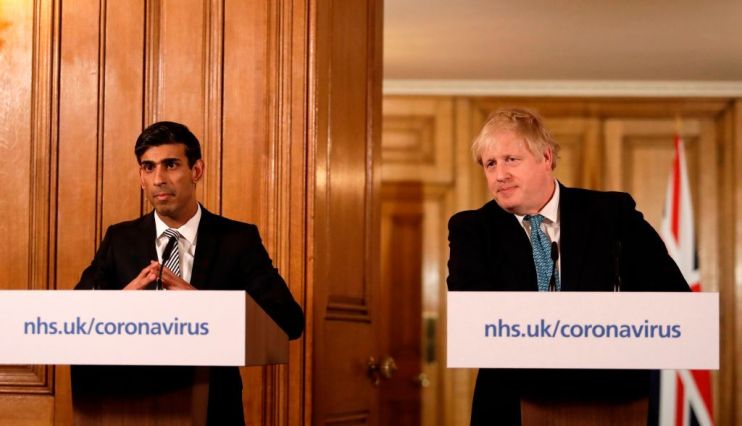DEBATE: Should government pay wages to workers affected by coronavirus?

Should the government pay wages to workers whose incomes have been affected by the coronavirus crisis?
YES – Sam Bowman, director of competition policy at the International Centre for Law & Economics.
This is a very unusual recession. It is self-inflicted, and will hit highly productive and less productive businesses alike. To allow them to go bust would be a pointless waste. Unlike a normal recession, there is no new “state of affairs” that we need to adjust to.
We should want to preserve as much from the economy before this shutdown as possible so that we can bounce back to normality once it is over. That should involve bailing out businesses on condition that they maintain their existing payrolls, and effectively rolling out maternity pay to as many workers as need it.
The alternative is to wastefully lose the entrepreneurship and search time that people have put into building their businesses and finding the best jobs for them. Again, this is not a normal recession. To act as if it is, and favour liquidation of productive firms and employment contracts, is negligent beyond belief, and likely to turn a short, sharp recession into a long-lasting depression.
NO – Benedict Spence is a freelance writer
In a crisis such as this, there will always be a need for government to step in and shoulder the burden for some people.
The state is meant to serve us, existing at our behest. It is only right that we come together through it in times of strife to lift up the helpless.
But there are limits — the government must not become our god, stepping in to run all aspects of life.
Social responsibility is essential for our society to survive. That means people, where they can, setting aside money to help themselves.
It also means recognising that financial pain will be disproportionate — high net earners, for instance, should not need state aid.
We also do not want unscrupulous companies to get the impression that to cut costs, they can cut staff who might otherwise be saved, as the state will pick them up. Those that do so anyway should suffer the social consequences when the storm has passed.
Main image credit: Getty